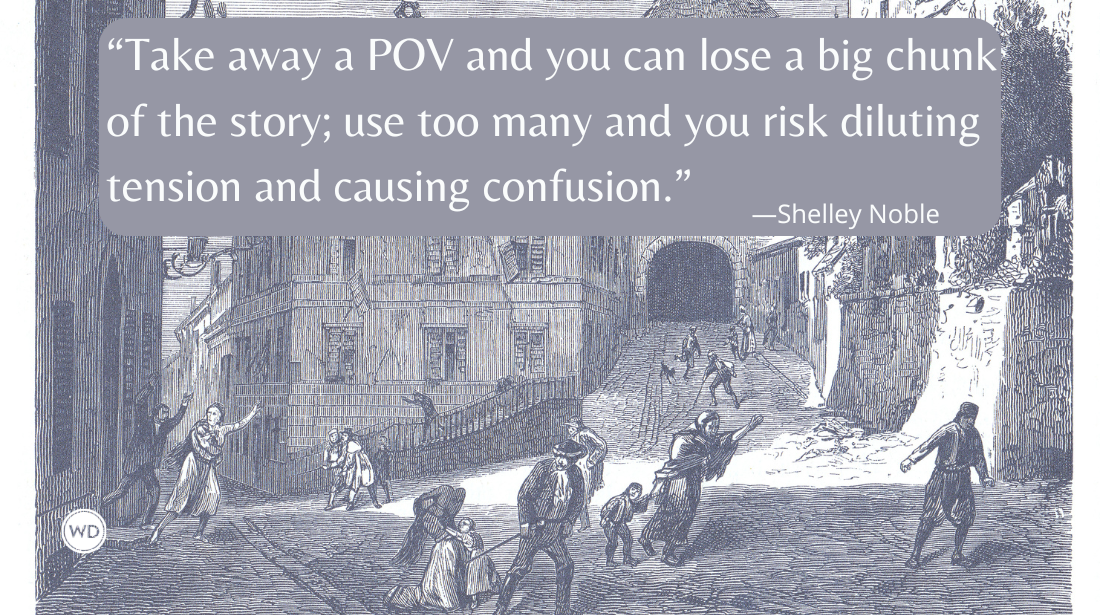Abbreviation vs. Acronym vs. Initialism (Grammar Rules)
Learn when you’re using an abbreviation vs. acronym vs. initialism with Grammar Rules from the Writer’s Digest editors, including a few examples of correct usages.
If you have trouble understanding the difference between an abbreviation, acronym, and initialism, don't worry: They're easy to mix up. In fact, they often overlap each other. But this post will attempt to untangle these terms ASAP.
Learn when you're using an abbreviation vs. acronym vs. initialism with Grammar Rules from the Writer's Digest editors, including a few examples of correct usages.
Abbreviation vs. Acronym vs. Initialism
Abbreviation is the shortened form of a word or phrase intended to speed up communication and/or use fewer symbols. For instance, using "vs." for "versus" or "dept." for "department" as a couple examples.
Acronym is a type of abbreviation that uses the first letters of words in a phrase to make a new word. For instance, "laser" is an acronym for "light amplification by the stimulated emission of radiation." Obviously, the phrase "laser beam" is a lot easier to say than "light amplification by the stimulated emission of radiation beam." A few other acronyms include "AWOL," "ASAP," "POTUS," "FOMO," and "YOLO."
Initialism is a type of abbreviation that uses the first letters of words in a phrase to make a term, which may or may not be pronounced as a new word. As such, acronyms are initialisms. However, initialisms include other terms in which the letters are pronounced, including FBI (for Federal Bureau of Investigation), SOS (for Save Our Ship), and IDK (for I Don't Know). While initialism has existed for a long time, communication via text message has made the act of initialism more popular IRL (for In Real Life).
Make sense?
Acronyms are always initialisms and abbreviations, but not all initialisms are acronyms. Only initialisms that can be pronounced as a word (as opposed to pronouncing each letter in the initialism) count as acronyms. Both of these terms are abbreviations of phrases, but abbreviations can also be made of single words as well.
*****
No matter what type of writing you do, mastering the fundamentals of grammar and mechanics is an important first step to having a successful writing career.









